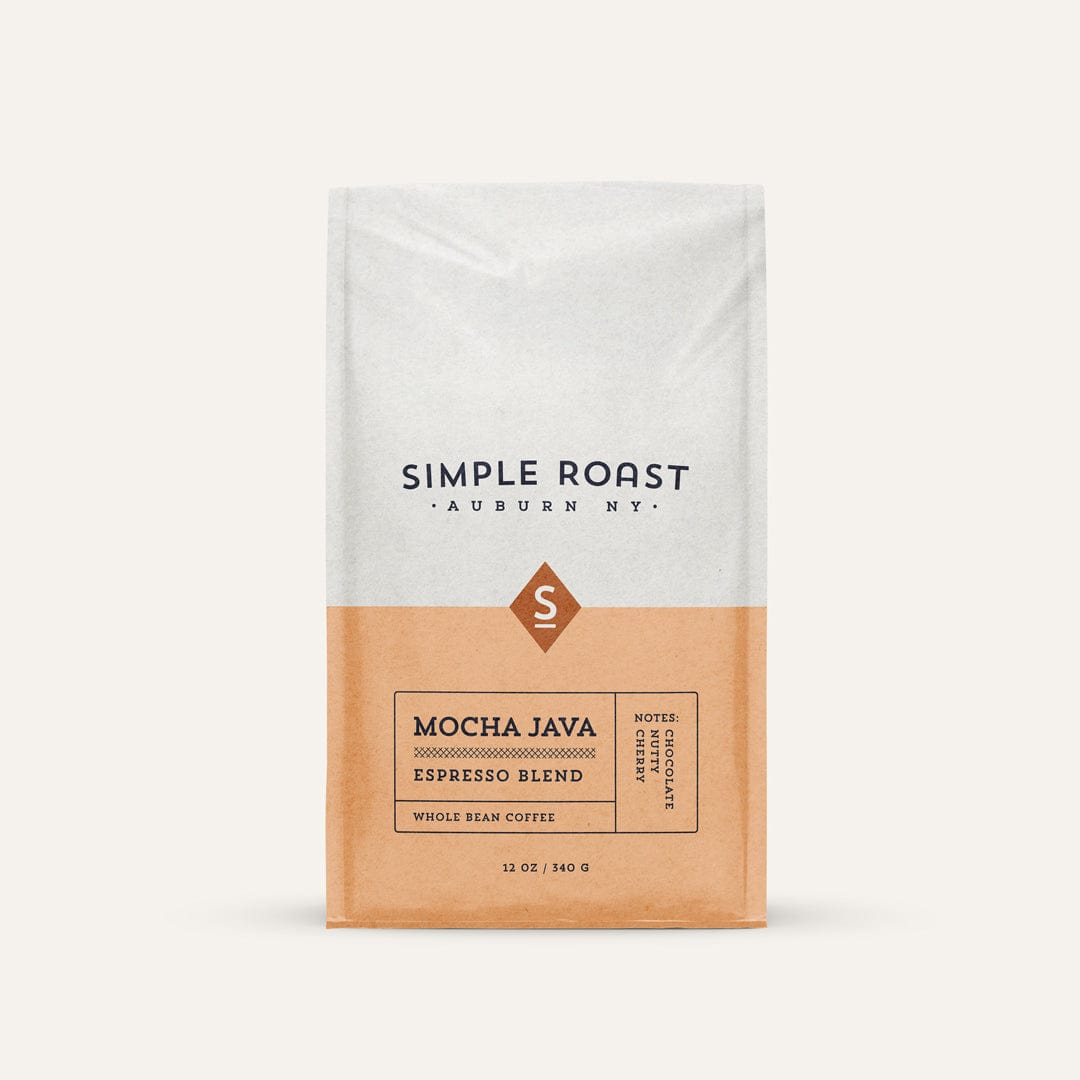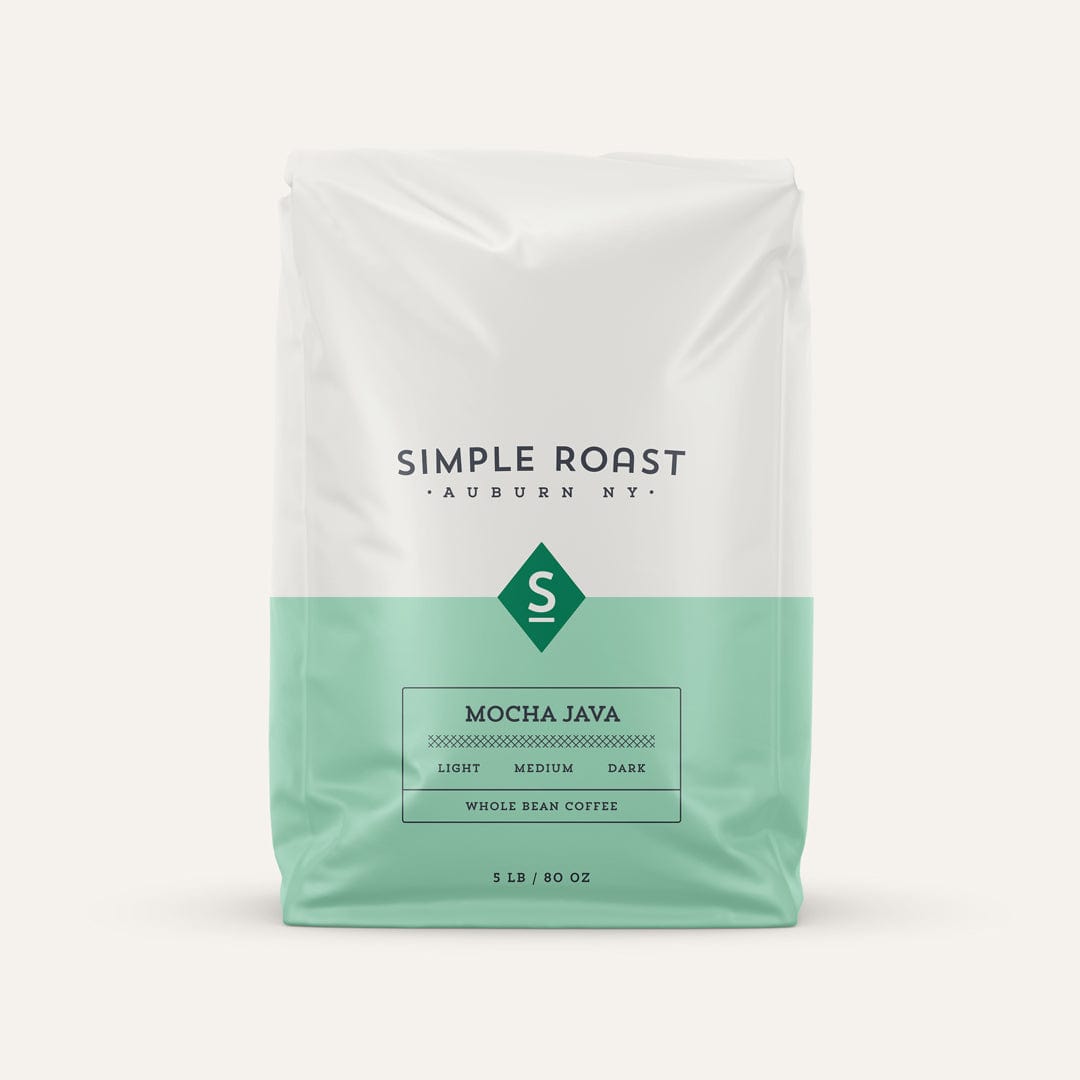Frequently Asked Questions
What are the benefits of using small batch coffee beans?
The benefits of using small batch coffee beans are that they typically offer enhanced quality and freshness, allowing for unique flavor profiles. This careful production process also enables better control over sourcing, ensuring ethically sourced and premium ingredients.
What is the best way to store fresh roasted coffee beans?
The best way to store fresh roasted coffee beans is in an airtight container in a cool, dark place, away from moisture and strong odors to preserve their flavor and freshness.
What is the ideal roast level for single origin coffee beans?
The ideal roast level for single origin coffee beans highlights their unique flavors. A light to medium roast is often recommended, as it preserves distinct regional characteristics while still allowing the natural sweetness and acidity to shine through.
How are small batch coffee beans harvested and processed?
Small batch coffee beans are carefully harvested by hand to select only the ripest cherries. Following harvest, they are processed using traditional methods, such as washing or natural drying, to preserve their unique flavor profiles.
Are small batch coffee beans roasted in-house or outsourced?
Small batch coffee beans are roasted in-house to ensure optimal quality and flavor. This approach allows us to maintain control over the roasting process and deliver the best possible coffee experience to our customers.
What is the shelf life of fresh roasted coffee beans?
The shelf life of fresh roasted coffee beans is typically about 2 to 4 weeks after roasting. To maintain optimal flavor, it's best to store them in an airtight container in a cool, dark place.
What are the benefits of drinking fresh roasted coffee?
The benefits of drinking fresh roasted coffee include enhanced flavor, higher antioxidant levels, and increased aroma, all of which contribute to a superior coffee experience. Freshly roasted beans provide a richer, more enjoyable taste that elevates your daily brew.
Do single origin coffee beans have a distinct flavor?
Single origin coffee beans indeed have a distinct flavor. They are grown in a specific region, allowing unique characteristics and flavor profiles to develop, influenced by the local climate and soil conditions.
How do roasters handle single origin coffee beans?
Roasters handle single origin coffee beans by carefully sourcing, roasting them in small batches, and emphasizing their unique flavor profiles. This process highlights the distinct characteristics of each origin while maintaining quality and consistency.
What is the main benefit of single origin coffee beans?
The main benefit of single origin coffee beans is their unique and distinctive flavor profile, which reflects the specific region, climate, and cultivation methods. This allows coffee lovers to experience unique taste characteristics that highlight the bean's origin.
What is the definition of single origin coffee beans?
Single origin coffee beans refer to coffee sourced from a particular region, farm, or cooperative, allowing for distinctive flavor profiles that reflect the unique characteristics of that specific location.
Do small batch coffee beans have a unique flavor profile?
Small batch coffee beans indeed have a unique flavor profile. This distinctiveness arises from meticulous sourcing, careful roasting, and the use of high-quality beans, allowing for rich and varied flavors that reflect their specific origins and characteristics.
Can I freeze fresh roasted coffee beans?
Freezing fresh roasted coffee beans can help preserve their flavor and freshness, but it's best done carefully. Use airtight packaging and only freeze small amounts to prevent moisture and flavor loss upon thawing.
Can I buy fresh roasted coffee online?
You can buy fresh roasted coffee online. Our website offers a selection of quality coffee blends, including the Mocha-Java Espresso Blend, available for direct purchase in various sizes and grind options.
Are small batch coffee beans more expensive than regular coffee?
Small batch coffee beans are typically more expensive than regular coffee due to their higher quality, artisanal production methods, and limited availability. This guarantees a fresher and more unique flavor profile.
What are the flavor notes of small batch coffee?
The flavor notes of small batch coffee vary widely but often exhibit distinct characteristics like bright acidity, rich chocolate undertones, and hints of fruit or spice, reflecting the unique sourcing and roasting techniques used in each blend.
How should I brew small batch coffee beans?
Brewing small batch coffee beans requires precision and care. Use a burr grinder for uniformity, select a brewing method that highlights the beans' flavors, such as pour-over or French press, and ensure a coffee-to-water ratio of 1:15 for optimal taste.
What distinguishes single origin from blended coffee?
The distinction between single origin and blended coffee lies in their sourcing. Single origin coffee comes from one specific location, showcasing unique flavors of that region, whereas blended coffee combines beans from various origins to create a balanced profile.
Are there health benefits to fresh roasted coffee?
The health benefits of fresh roasted coffee include antioxidants that may reduce inflammation, improve brain function, and lower the risk of certain diseases. Additionally, it can boost metabolism and enhance mood when consumed in moderation.
How can I tell if coffee beans are fresh?
The freshness of coffee beans can be determined by checking their roast date, smelling for a strong, pleasant aroma, and ensuring they have a rich, oily surface. Beans that are stale will lack these characteristics.
What roasting method produces the best flavor?
The roasting method that produces the best flavor is typically the medium roast. This method balances acidity and sweetness, highlighting the coffee's natural flavors without overpowering them, resulting in a rich, well-rounded cup.
What are common origins for single origin coffee?
Common origins for single origin coffee include countries like Ethiopia, Colombia, Guatemala, and Brazil, each known for its unique flavor profiles and growing conditions that enhance the coffee's distinct characteristics.
How does humidity affect coffee bean storage?
Humidity significantly impacts coffee bean storage. High humidity can lead to mold growth and spoilage, while low humidity may cause beans to dry out and lose flavor. Proper humidity control is essential for maintaining quality.
What grind size is best for espresso?
The best grind size for espresso is a fine grind, similar to table salt. This consistency allows for optimal extraction, resulting in a rich, flavorful espresso shot.
Are single origin beans available for subscription service?
Single origin beans are available for our subscription service. You can enjoy a curated selection of high-quality single origin coffees delivered to your door on a regular basis, ensuring you have fresh options to try.
What certifications should I look for in coffee?
The certifications to look for in coffee include Fair Trade, USDA Organic, Rainforest Alliance, and Specialty Coffee Association certifications, which indicate ethical sourcing, organic farming practices, and quality standards, ensuring a better choice for both consumers and producers.
How do roast levels impact coffee flavor?
Roast levels significantly impact coffee flavor. Lighter roasts tend to highlight the bean's natural acidity and unique flavors, while darker roasts bring out deeper, richer notes, often introducing chocolatey or smoky characteristics.
Can I use flavored syrups with single origin coffee?
Using flavored syrups with single origin coffee is absolutely permissible. However, keep in mind that these syrups can alter the distinct flavor profile of the coffee, which is often prized for its unique characteristics.
What equipment is best for small batch roasting?
The best equipment for small batch roasting includes home coffee roasters, such as air roasters or drum roasters, which allow for precise control over temperature and time, ensuring optimal flavor development for your coffee.
What regions produce the best single origin coffee?
The regions that produce the best single origin coffee include Ethiopia, Colombia, Brazil, Guatemala, and Costa Rica, each offering unique flavors and characteristics that reflect their specific growing conditions and processing methods.








